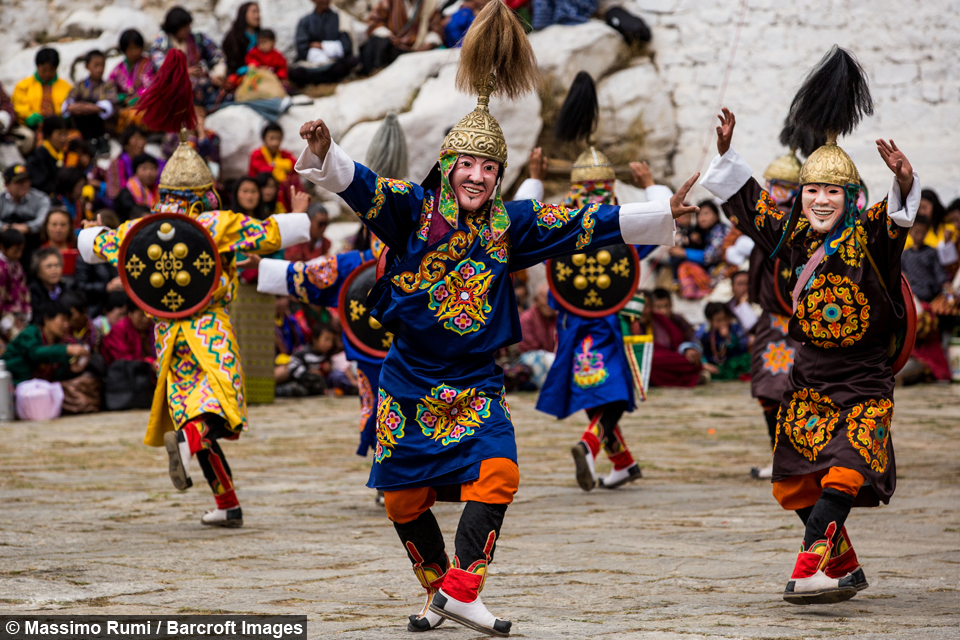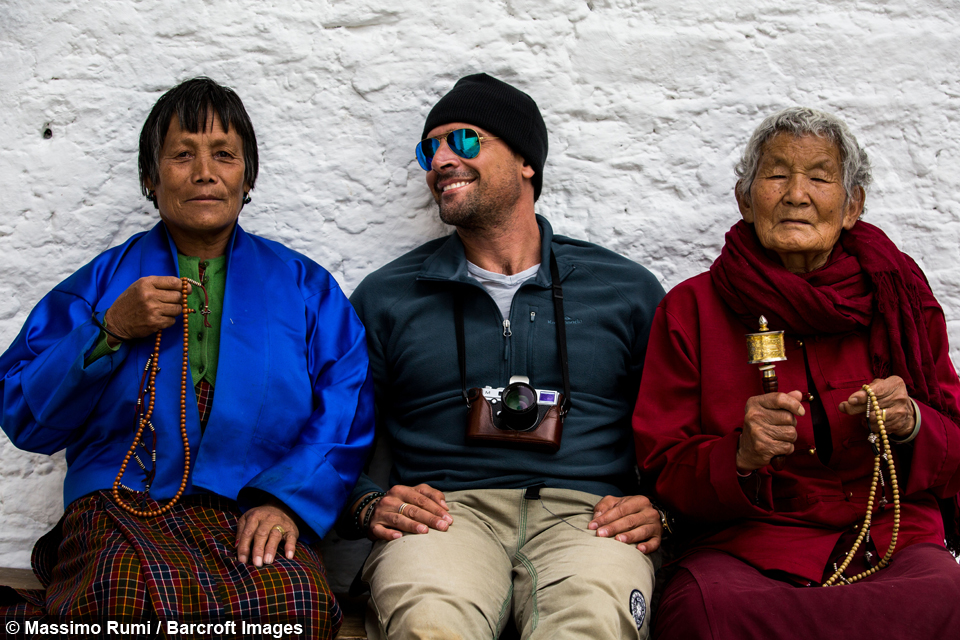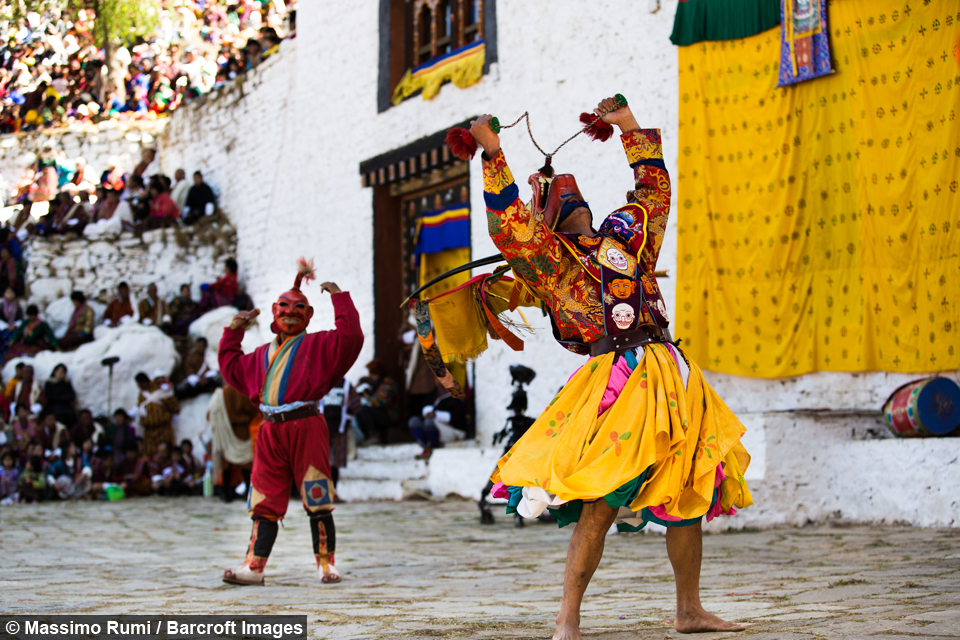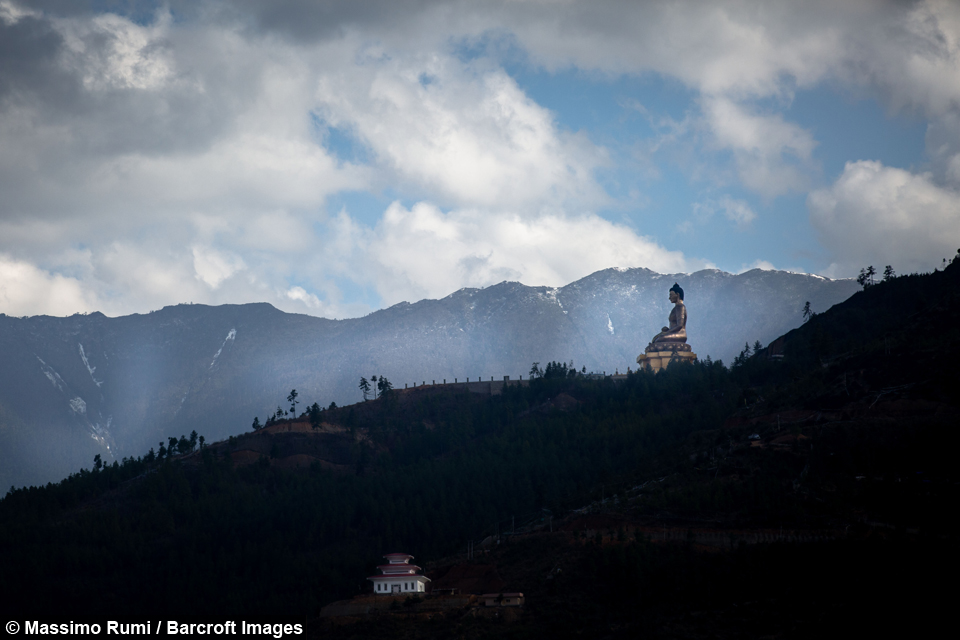Bhutan: The Keepers of the Secret to Eternal Happiness
By Shannon Lane @shannonroselane
Scroll down for the full story
Bhutan is known as the World’s Happiest Country, and offers a valuable lesson to the rest of the globe.
Since 1972 Bhutan opposed the western monetary measurement, Gross Domestic Product, and began measuring their economic growth by the Gross National Happiness of their country.
GNH takes into account sustainability, conservation, cultural values and good governance. It's assumed that happiness is achieved once there is a balance between material longings and spiritual values.
Photographer Massimo Rumi visited the spiritual country in April 2015 to discover the key to ultimate happiness.
He said: “In the Western world we care too much about material things. We want the latest iPhone or the fastest car. The moment we cannot afford those things we cause ourselves unneeded stress
and unhappiness.
“In Bhutan, they have managed to balance their material possessions and their spirituality and that just makes them happier. They are just happy to be alive.
“With this approach in life, and being surrounded by untouched wilderness, the people of Bhutan are very content with their life.”
To protect their delicate state of mind and environment, the royal government of Bhutan has enforced laws that tourists must be either guests of the government, or travellers on approved programs.
As their economic growth continues to accelerate, the people are dedicated to conserving their ancient culture, through their clothing and activities.
Both men and women wear traditional, unique garments, which have evolved over thousands of years, whilst their everlasting Buddhist faith is reflected throughout festivals, elaborate monasteries and their education.
The photographer said: “Buddhism has a lot to say about happiness. It does recognize that a certain degree of wealth is essential to live a happy life, but at the same time it stresses the importance of living an ethical and moral life to reach genuine happiness.
“Peace and harmony is what I found in Bhutan and it’s the richness of its simplicity that really surprised me.”









